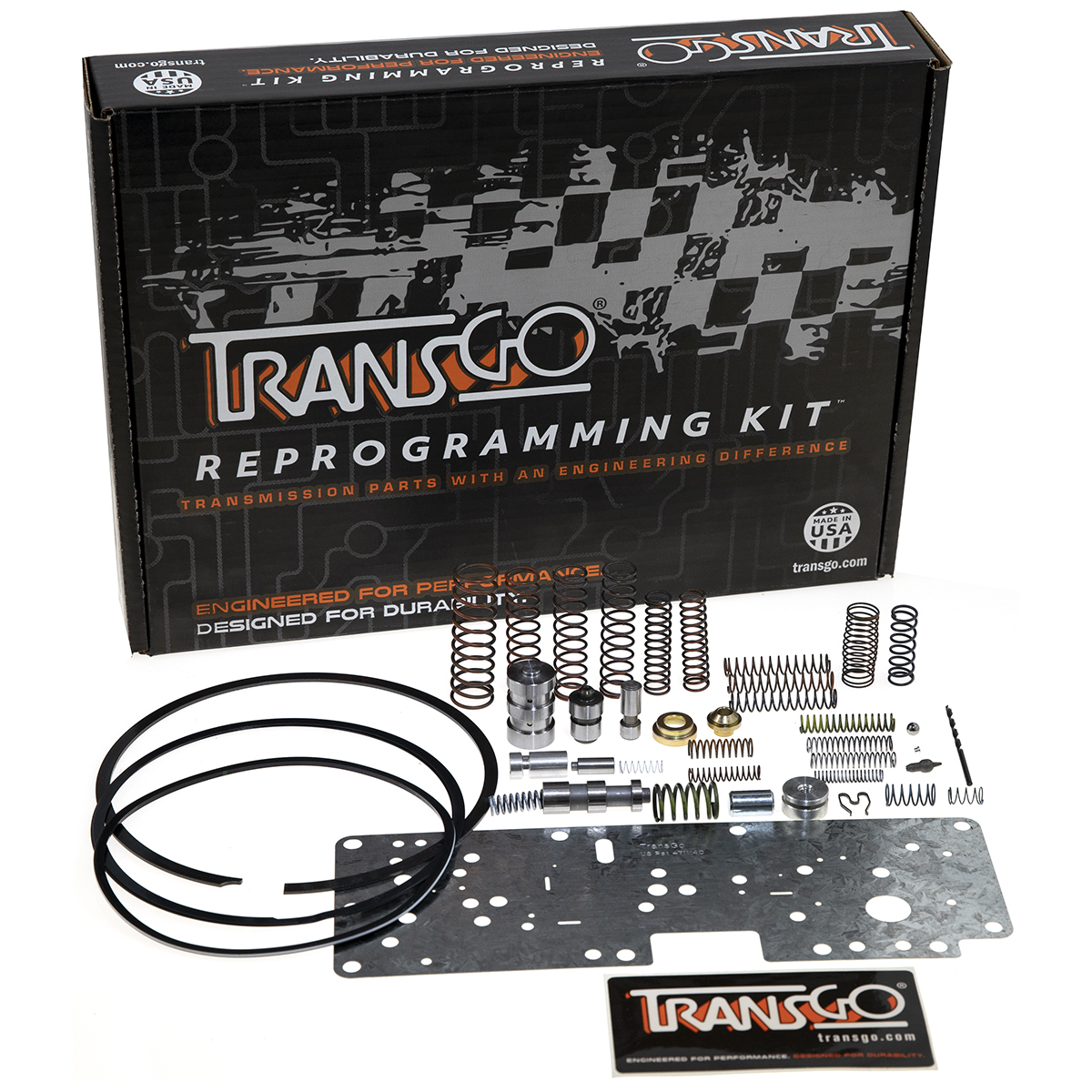Troubleshooting the P1744 Code in Ford Vehicles

Welcome to Club Chevy! In this edition of our magazine, we delve into the world of Chevy model cars and car mechanics. Today, we take a closer look at a common issue faced by Ford owners - the infamous P1744 code. This code can cause transmission-related problems, and understanding its implications is crucial for any car enthusiast. Join us as we decode the mysteries behind the P1744 code and provide valuable insights into troubleshooting and fixing this issue. Stay tuned for expert tips and advice from our team of car experts.
- The P1744 Code Ford: What You Need to Know
- Causes of the P1744 Code
- Effects of the P1744 Code
- Diagnosing and Fixing the P1744 Code
-
Frequently Asked Questions from Car Fans
- What is the significance of the P1744 code in Ford vehicles?
- How can I diagnose and fix the P1744 code in my Ford vehicle?
- Are there any common issues that trigger the P1744 code in Ford cars?
- Can the P1744 code affect the performance or drivability of my Ford vehicle?
- Is it possible to clear the P1744 code without addressing the underlying issue in a Ford car?
The P1744 Code Ford: What You Need to Know
The P1744 code in a Ford vehicle is an indication of a torque converter clutch solenoid circuit failure. This code specifically refers to the Ford brand, so if you are working on a Chevy model car, this information may not be directly applicable. However, it is essential for car mechanics to have a comprehensive understanding of various diagnostic trouble codes, regardless of the make or model they are working on.
Causes of the P1744 Code
There are several possible causes for the P1744 code in a Ford vehicle. One common cause is a faulty torque converter clutch solenoid. This solenoid is responsible for engaging and disengaging the torque converter clutch, which allows for smooth shifting between gears. If the solenoid malfunctions, it can result in the P1744 code. Other potential causes include wiring issues, a failed transmission control module, or low transmission fluid levels.
Effects of the P1744 Code
When the P1744 code appears in a Ford vehicle, it can lead to several noticeable effects. One common symptom is the illumination of the check engine light on the dashboard. Additionally, the vehicle may experience poor shifting performance, including delayed or harsh shifts. It is important to address the P1744 code promptly to prevent further damage to the transmission and ensure optimal vehicle performance.
Diagnosing and Fixing the P1744 Code
Diagnosing the P1744 code requires the use of a diagnostic scanner that can read Ford-specific codes. The mechanic will also need to perform a thorough inspection of the torque converter clutch solenoid, wiring connections, and transmission fluid levels. Once the exact cause of the code is identified, the necessary repairs can be made. This may involve replacing a faulty solenoid, repairing wiring issues, or performing a transmission fluid flush and refill.
Frequently Asked Questions from Car Fans
What is the significance of the P1744 code in Ford vehicles?
The P1744 code is not relevant to Chevy model cars as it specifically pertains to Ford vehicles.
How can I diagnose and fix the P1744 code in my Ford vehicle?
To diagnose and fix the P1744 code in your Ford vehicle, you will need to perform a thorough inspection of the transmission system. Start by checking the transmission fluid level and condition. If it appears dirty or burnt, it may need to be replaced. Additionally, inspect the transmission wiring and connectors for any signs of damage or corrosion. If no issues are found, it is recommended to take the vehicle to a professional mechanic or dealership for further diagnostics and repairs. They will have the necessary tools and expertise to accurately diagnose and fix the issue related to the P1744 code.
Are there any common issues that trigger the P1744 code in Ford cars?
There are no common issues that trigger the P1744 code in Ford cars.
Can the P1744 code affect the performance or drivability of my Ford vehicle?
Yes, the P1744 code can affect the performance and drivability of a Ford vehicle. This code indicates a problem with the torque converter clutch system, which can lead to issues such as slipping, poor acceleration, and decreased fuel efficiency. It is important to address this code promptly to avoid further damage to the vehicle's transmission.
Is it possible to clear the P1744 code without addressing the underlying issue in a Ford car?
No, it is not recommended to clear the P1744 code in a Ford car without addressing the underlying issue. Clearing the code will only reset the Check Engine Light temporarily, but the problem will persist. It is crucial to diagnose and fix the root cause to prevent further damage to the vehicle.
In conclusion, the p1744 code Ford is an issue that can affect the performance and functionality of Chevy model cars. As car enthusiasts and mechanics, it is crucial to stay informed about these common error codes to effectively diagnose and resolve any potential problems. By understanding the underlying causes and possible solutions for the p1744 code, we can ensure that our Chevy cars are running smoothly and efficiently. Remember to regularly check for updates and consult professional mechanics if needed. Keep your Chevy models in top-notch condition!

If you want to know other articles similar to Troubleshooting the P1744 Code in Ford Vehicles you can visit the category Automotive Mechanics.
